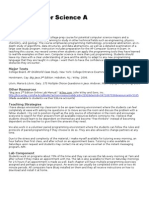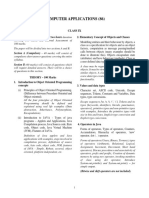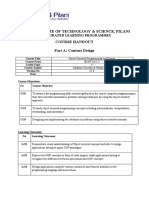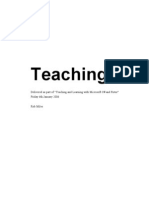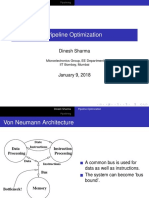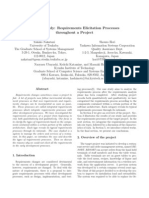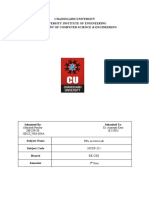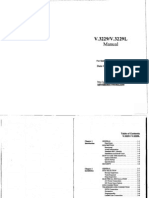0% found this document useful (0 votes)
17 views14 pagesJava Training Course Outline and Teaching Plan
The Java Training Course is designed for beginners and spans 2-4 months with weekly 2-hour live sessions. It covers essential Java concepts from setup, data types, control flow, loops, methods, object-oriented programming, collections, generics, and Java 8 features, concluding with exception handling and debugging. Each session includes lectures, hands-on exercises, and mini-projects to reinforce learning and practical application.
Uploaded by
jdakin749Copyright
© © All Rights Reserved
We take content rights seriously. If you suspect this is your content, claim it here.
Available Formats
Download as PDF, TXT or read online on Scribd
0% found this document useful (0 votes)
17 views14 pagesJava Training Course Outline and Teaching Plan
The Java Training Course is designed for beginners and spans 2-4 months with weekly 2-hour live sessions. It covers essential Java concepts from setup, data types, control flow, loops, methods, object-oriented programming, collections, generics, and Java 8 features, concluding with exception handling and debugging. Each session includes lectures, hands-on exercises, and mini-projects to reinforce learning and practical application.
Uploaded by
jdakin749Copyright
© © All Rights Reserved
We take content rights seriously. If you suspect this is your content, claim it here.
Available Formats
Download as PDF, TXT or read online on Scribd
/ 14














